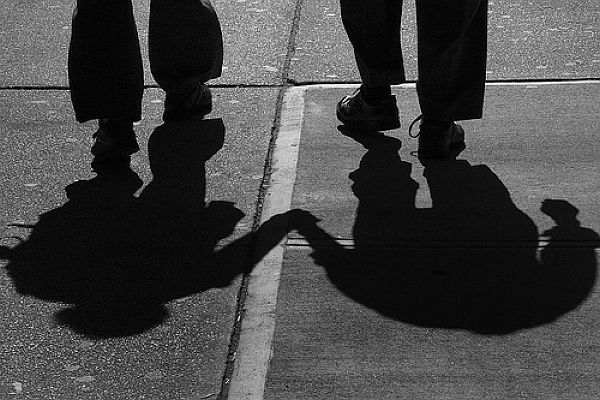Once again, psychologists are analyzing brain scan technology so that they can tell us something we already knew; love starts as sexual attraction. We all understand that there’s an initial sexual attraction when we meet a person with whom we will ultimately fall in love. What else would it be that gets you to look in the first place? However, brain researchers at Concordia University have used fMRI scans to track the progression of love and lust (and drug addiction, coincidentally) in the brain, tying them together in a narrative that, of course, we already know. Here it is anyway.
Neuroscientists analyzed the results of over 20 studies from the USA to Switzerland to determine whether there’s a cognitive basis for the emotion of love (long held by skeptics to be ephemeral and indefinable) With a precursor, provided by The Observer via io9, brain scan studies are notoriously inconclusive and overstated. That said, there does seem to be some cognitive progression into love from other centers of the brain that may not exhibit it initially. In other words, our brain isn’t as compartmentalized (with all of those “centers”) as we may have thought, and there’s a cognitive process from one to the other, even for something as opaque as love.
Here’s what they found, principally around two areas of the brain: the insula and the striatum. In the striatum there are areas that light up whenever anything pleasurable is experienced: sex, food, drugs, long-distance running. Of course, this is where sexual desire seemed to be more active in the mind. On the other hand, love lit up and area of the striatum that is more aligned with conditioning from a reward/response repetition, like drug addiction.
Here’s my takeaway: love is simply an addiction to your partner. It starts with a sexual attraction (as we all know but often can’t admit), and then that person makes you feel good in other ways. These constant feelings of “good” with your partner create a kind of addiction, and your partner becomes your “fix.” Puppy love, then, is simply a young mind that is less resistant to those addictive tendencies. What happens when you fall out of love? Your partner isn’t giving you a strong enough fix anymore, and your addict brain goes looking elsewhere. Still, there are plenty of other variables (religious, social, cultural) that are going to be impacting these decisions at all times as well. Still, knowing that the brain research backs up what we all fundamentally know is true, is reaffirming.
